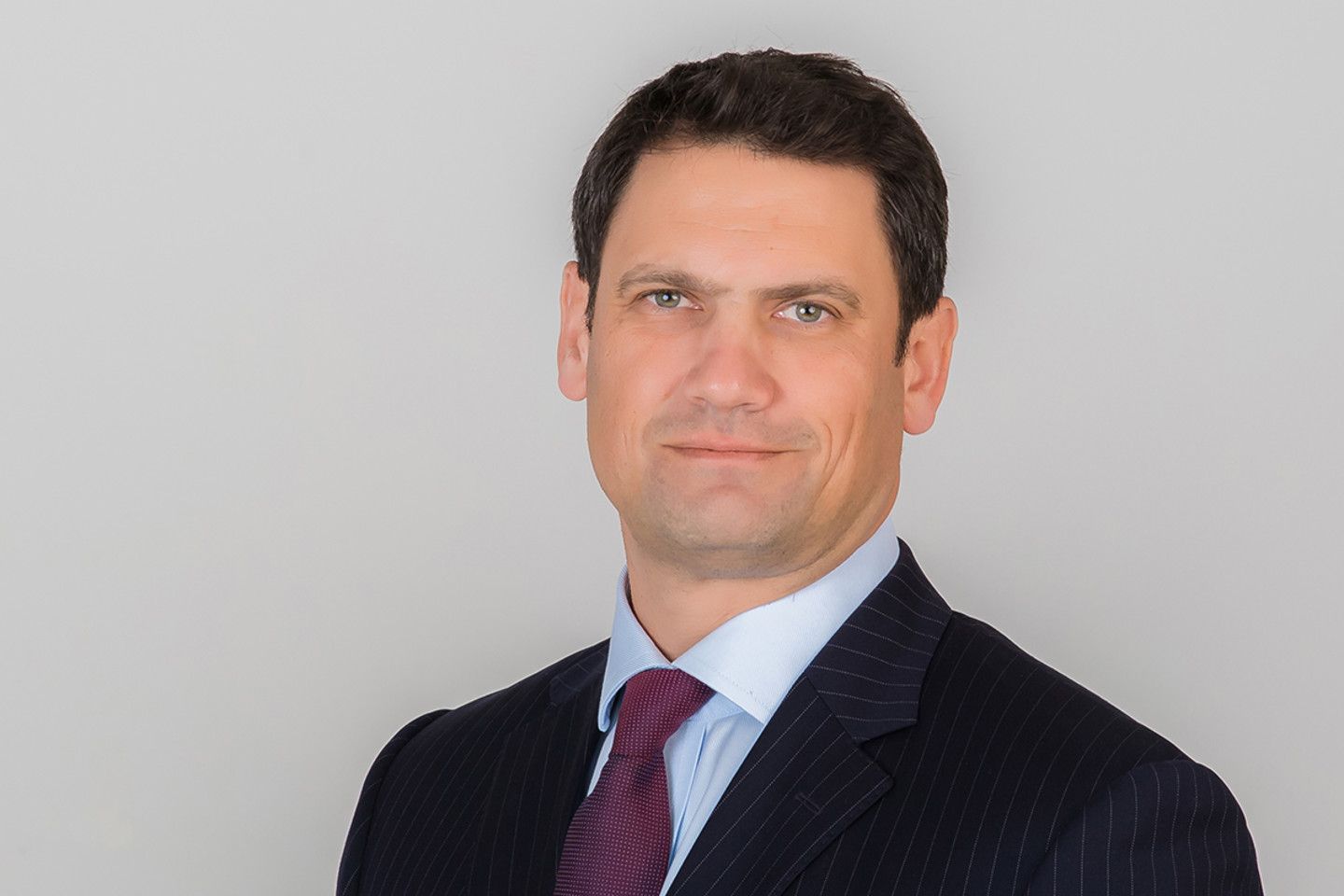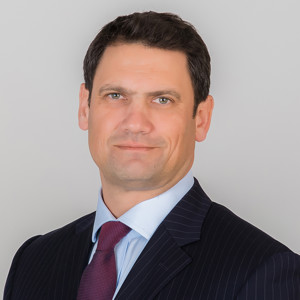
Marc Kish
Partner | Legal
Cayman Islands

Marc Kish
Partner
Cayman Islands
No Content Set
Exception:
Website.Models.ViewModels.Components.General.Banners.BannerComponentVm
In a recent landmark judgment of the Cayman Islands Grand Court in the case of Primeo Fund (in Official Liquidation) (Primeo) v Bank of Bermuda (Cayman) Ltd (BBCL) and HSBC Securities Services (Luxembourg) S.A (HSSL), Mr Justice Jones QC dismissed a US$2 billion claim against two of Primeo's service providers arising out of the Bernard Madoff investment fraud.
The claim was brought by the liquidators of Primeo, a Cayman Islands fund that invested in Bernard Madoff Investment Securities LLC (BLMIS), the vehicle through which Madoff perpetrated his vast Ponzi scheme. The defendants were two HSBC Group companies that acted as the fund’s administrator and custodian respectively (together, the Defendants).
The judgment is of particular interest to the Cayman funds industry generally as, although the claim ultimately failed, the duties and obligations owed by professional service providers in this jurisdiction were discussed in some detail by the Court.
Background
Primeo was an investment fund incorporated in the Cayman Islands in 1993. It invested directly in BLMIS until 1 May 2007 and, thereafter, invested indirectly in BLMIS through two other Madoff feeder funds, Herald Fund SPC (In Official Liquidation) (Herald) and Alpha Prime Fund Limited (Alpha).
Primeo entered liquidation in early 2009 and its liquidators issued legal proceedings against the Defendants in 2013 in relation to losses suffered as a result of the Madoff fraud, described by many as the largest financial fraud in U.S. history.
BLMIS, the company through which Madoff perpetrated the fraud, offered equity-like returns with bond-like volatility, purportedly produced by Madoff's investment strategy and described by Primeo's investment expert as the "the holy grail" which was "unachievable in the real world". Madoff insisted on a high degree of confidentiality and a concentration of functions at BLMIS, who acted in a triple capacity as broker-dealer, investment manager and custodian.
Dismissal of claim
Primeo's breach of contract claim alleged that the Defendants had been grossly negligent in the performance of their duties, and that their conduct had caused Primeo's underlying investors to suffer US$2 billion in losses. The Court dismissed Primeo's claim in its entirety, finding that Primeo had "accepted the uniquely high operational risk inherent in BLMIS's business model" and was "to a very substantial degree, the author of its own misfortune". The Court held that:
i. Causation: Primeo had not established that the Defendants' breaches of contract had caused its losses. The Court rejected Primeo's causation hypothesis that the fund would have withdrawn all its investments with BLMIS and reinvested them elsewhere, thereby avoiding the eventual loss, concluding that Primeo was committed to Madoff and would still have continued with the same investment strategy by simply investing in another Madoff feeder fund.
ii. Limitation: The causes of action accruing prior to 23 February 2007 were statute barred under the Limitation Law, which covered the majority of the claims arising from breaches that occurred during the period that Primeo invested directly with BLMIS.
iii. Reflective loss: In May 2007 Primeo began investing indirectly through two other Madoff feeder funds, Herald and Alpha. Both Herald and Alpha have sued the Defendants in Luxembourg, and after hearing Luxembourg law evidence, the Court was satisfied that both funds had a real prospect of success in their claims against the Defendants which would make good Primeo's loss, and as such Primeo's claims infringed the rule against reflective loss.
The Court further stated that, even if Primeo had made out its claim, any damages award against the administrator would have been reduced by 75% to reflect Primeo's contributory negligence since the Court found that Primeo was to a large extent "the author of its own misfortune".
Points of interest for fund service providers
Although the Court found that the risks of BLMIS's business model were known and accepted by Primeo, they were also "red flags" that ought to have been obvious to the service providers. As such, the Court held that the Defendants were in breach of contract, were negligent and grossly negligent. The judgment therefore provides useful guidance regarding the duties and responsibilities of fund administrators, custodians and service providers when faced with investment structures that are unique, abnormal, or considered high risk. The judgment is also one of only a few judgments given on claims against professional service providers arising out of the Madoff fraud in any jurisdiction.
Claim against the custodian
HSSL provided for the custody of Primeo's assets under an arrangement whereby BLMIS was appointed as sub-custodian. Nevertheless, the Court found that HSSL owed continuing contractual duties to satisfy itself about the ongoing suitability of BLMIS as sub-custodian and to require BLMIS to implement effective safeguards to protect Primeo's assets.
The Court found that as custodian, HSSL should have recommended to Primeo that separation of assets be required through the opening of sub-accounts (i) within BLMIS's accounts at the Depository Trust Company (and/or to make use of the ID System) and (ii) at the Bank of New York. The Court accepted expert evidence on behalf of Primeo which stated that, by requiring BLMIS to establish these sub-accounts, or by the use of the ID System, it would have been possible to independently verify the existence of Primeo's assets.
The Court also found that, whilst it was not standard commercial practice for custodians to segregate assets, BLMIS's unusual business model required a reasonably competent custodian to do so, noting that "when the normal procedure is known to be ineffective, failing to apply a readily available alternative is negligent".
Claim against the administrator
The Court held that an administrator's role did not extend to performance of managerial or advisory functions. However, BBCL was held to be negligent in relying on single-source reporting from BLMIS for the period 1993-2005. The Court found that single-source reporting in relation to a hedge fund with the characteristics of BLMIS was unique in the hedge fund industry and that the "relatively high risk of fraud or error inherent in the BLMIS model must have been manifestly obvious to all concerned". The Court found the use of single-source reporting to be negligent, but not grossly negligent, as during that period Primeo's auditors (Ernst & Young) had relied upon clean (albeit fraudulent) audit reports from BLMIS's auditors (Friehling & Horowitz).
However, from 2005 onwards BBCL was held to be grossly negligent for not acting on concerns raised by Ernst & Young about the audit work being carried on by Friehling & Horowitz. Rather than investigate those concerns, HSSL began issuing custody confirmations to Ernst & Young regarding the assets purportedly held by BLMIS as sub-custodian, and therefore BBCL's preparation of the NAV from May 2005 onwards was found to be grossly negligent.
Conclusion
The judgment is significant as a clear statement of the duties and obligations owed by fund service providers operating in the Cayman Islands. The key takeaway for the funds industry is the Court's insistence on increased monitoring of investment structures that are unique, abnormal or high risk. Service providers must be conscious that, where there are heightened operational risks, the standard approach will not be sufficient and a reasonably competent service provider must look for an "alternative operating procedure which is capable of producing the normal result".
The judgment is currently subject to an appeal by Primeo, and it is also expected that the Defendants will challenge certain of the Court's findings as against them. The funds industry should be mindful of the Court of Appeal's decision and how it deals with the first instance decision regarding the findings of breach of duty and gross negligence against the defendants. As things stand, service providers ought to be aware of the risks associated with unusual and high risk structures, and in such cases it is advisable that legal advice is sought. It is likely that the Court of Appeal decision will in due course provide yet more useful guidance in this regard, and the funds industry will undoubtedly monitor the progress of that case with some interest.
If you require further information, please speak to your usual Ogier contact or a member of our team listed here.
Ogier is a professional services firm with the knowledge and expertise to handle the most demanding and complex transactions and provide expert, efficient and cost-effective services to all our clients. We regularly win awards for the quality of our client service, our work and our people.
This client briefing has been prepared for clients and professional associates of Ogier. The information and expressions of opinion which it contains are not intended to be a comprehensive study or to provide legal advice and should not be treated as a substitute for specific advice concerning individual situations.
Regulatory information can be found under Legal Notice
Sign up to receive updates and newsletters from us.
Sign up
No Content Set
Exception:
Website.Models.ViewModels.Blocks.SiteBlocks.CookiePolicySiteBlockVm